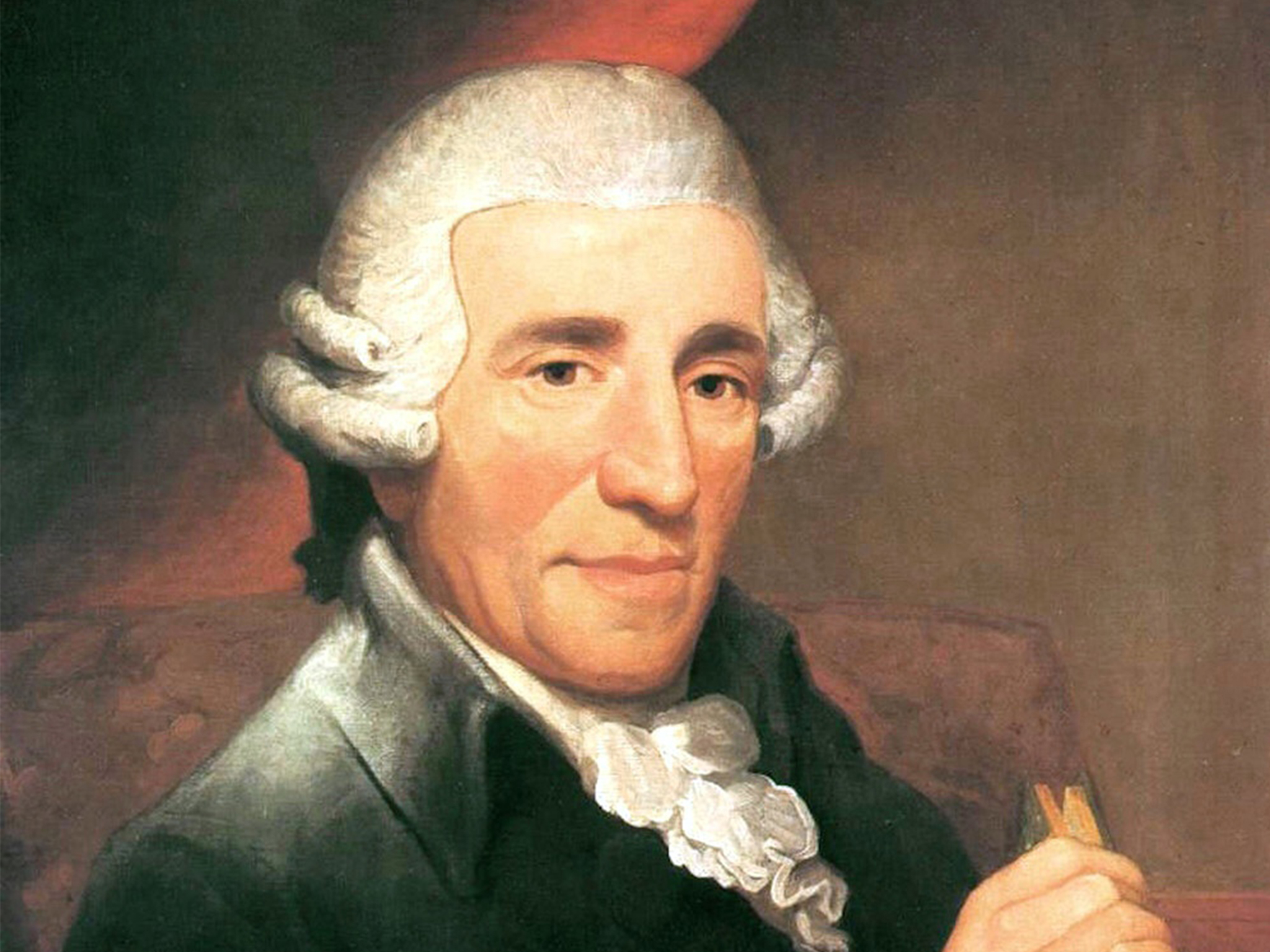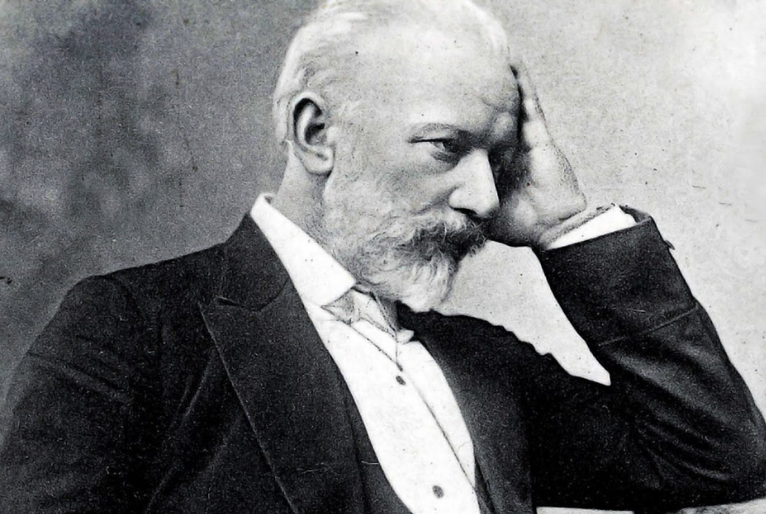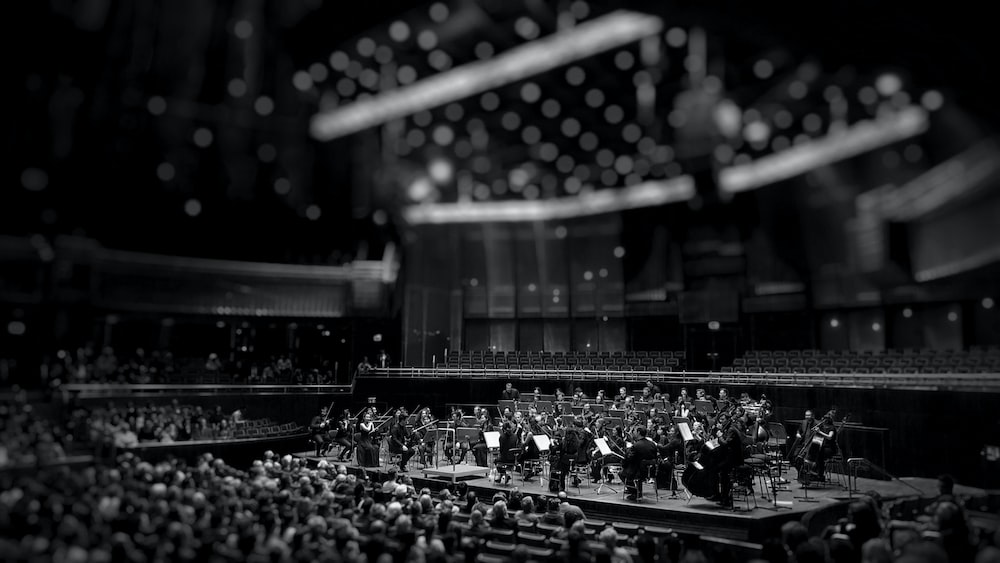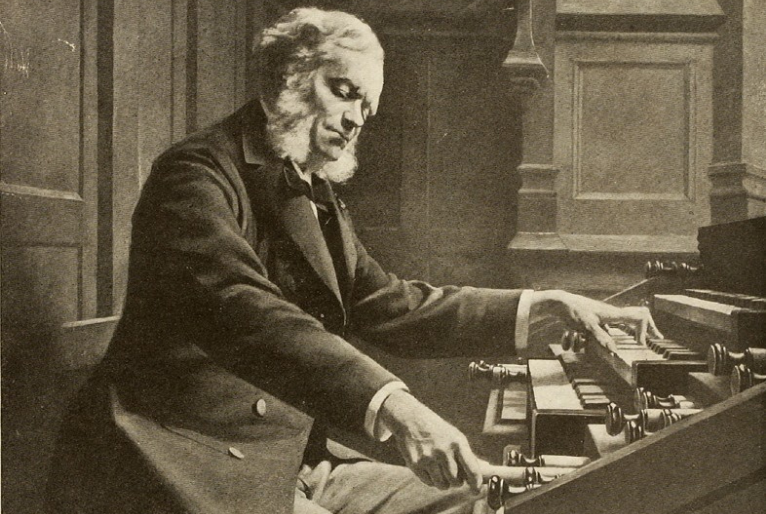
Joseph Haydn – Biography and History
Joseph Haydn, often referred to as the “Father of the Symphony” and the “Father of the String Quartet,” stands as one of the most influential[…]

Pyotr Ilyich Tchaikovsky – Biography and History
Pyotr Ilyich Tchaikovsky, one of the most celebrated composers in the history of classical music, was born on May 7, 1840, in Votkinsk, a small[…]

Fascinating facts about Haydn
Franz Joseph Haydn, often referred to as the “Father of the Symphony” and the “Father of the String Quartet,” was a prolific and influential Austrian[…]

The 100 Best Classical Songs of All Time
Classical music has transcended time and culture, captivating audiences for centuries with its depth, emotion, and complexity. From the serene elegance of Mozart to the[…]

César Franck: Discovering the 10 Best Compositions of a Musical Genius
César Franck, a renowned Belgian-French composer of the Romantic era, left an indelible mark on the world of classical music. His unique style, characterized by[…]

Dvorak – Short Biography
Dvorak – Short Biography vořák was born in Nelahozeves, a Bohemian village on the Vltava River north of Prague. He came to know music early, in[…]

The Story Behind “Canon In D Major” by Pachelbel
The Story Behind “Canon In D Major” by Pachelbel Like his other works, Pachelbel’s Canon went out of style, and remained in obscurity for centuries. A[…]

Verdi – Short Biography
Verdi – Short Biography Giuseppe Fortunino Francesco Verdi (10 October 1813 – 27 January 1901) was an Italian composer best known for his operas. He was[…]

The Story Behind “The Nutcracker” by Tchaikovsky
The Story Behind “The Nutcracker” by Tchaikovsky The story of The Nutcracker is loosely based on the E.T.A. Hoffmann fantasy story The Nutcracker and the Mouse[…]

The Story Behind the Symphony No. 5 by Beethoven
The Story Behind the Symphony No. 5 by Beethoven Beethoven was already growing deaf when he started his fifth symphony in 1804. He began working on[…]